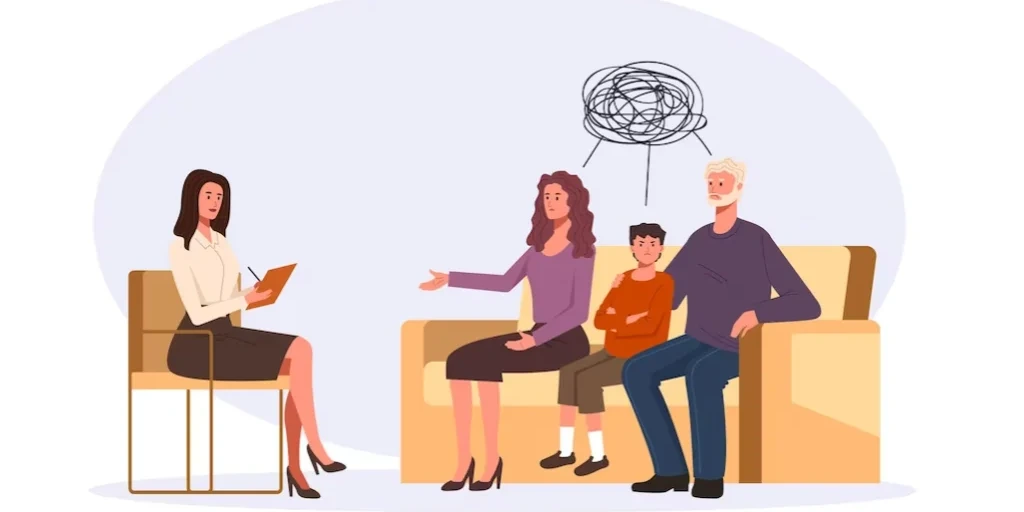24/7 Helpline:
(866) 899-221924/7 Helpline:
(866) 899-2219
Learn more about Medication-assisted Treatment centers in Sarpy County

Other Insurance Options

Access to Recovery (ATR) Voucher

GEHA

AllWell

Absolute Total Care

Regence

BHS | Behavioral Health Systems

Kaiser Permanente

Ambetter

Premera

Self-pay options

Sutter

Coventry Health Care

ComPsych

WellCare Health Plans

CareSource

MHNNet Behavioral Health

United Health Care

Aetna

Meritain

PHCS Network

CHI Health Psychiatric Associates
CHI Health Psychiatric Associates is a private rehab located in Papillion, Nebraska. CHI Health Psyc...
































































Heartland Family Service
Heartland Family Service is a private rehab located in Papillion, Nebraska. Heartland Family Service...

ABH Addiction and Behavioral Health Services
ABH Addiction and Behavioral Health Services is a private rehab located in La Vista, Nebraska. ABH A...
















